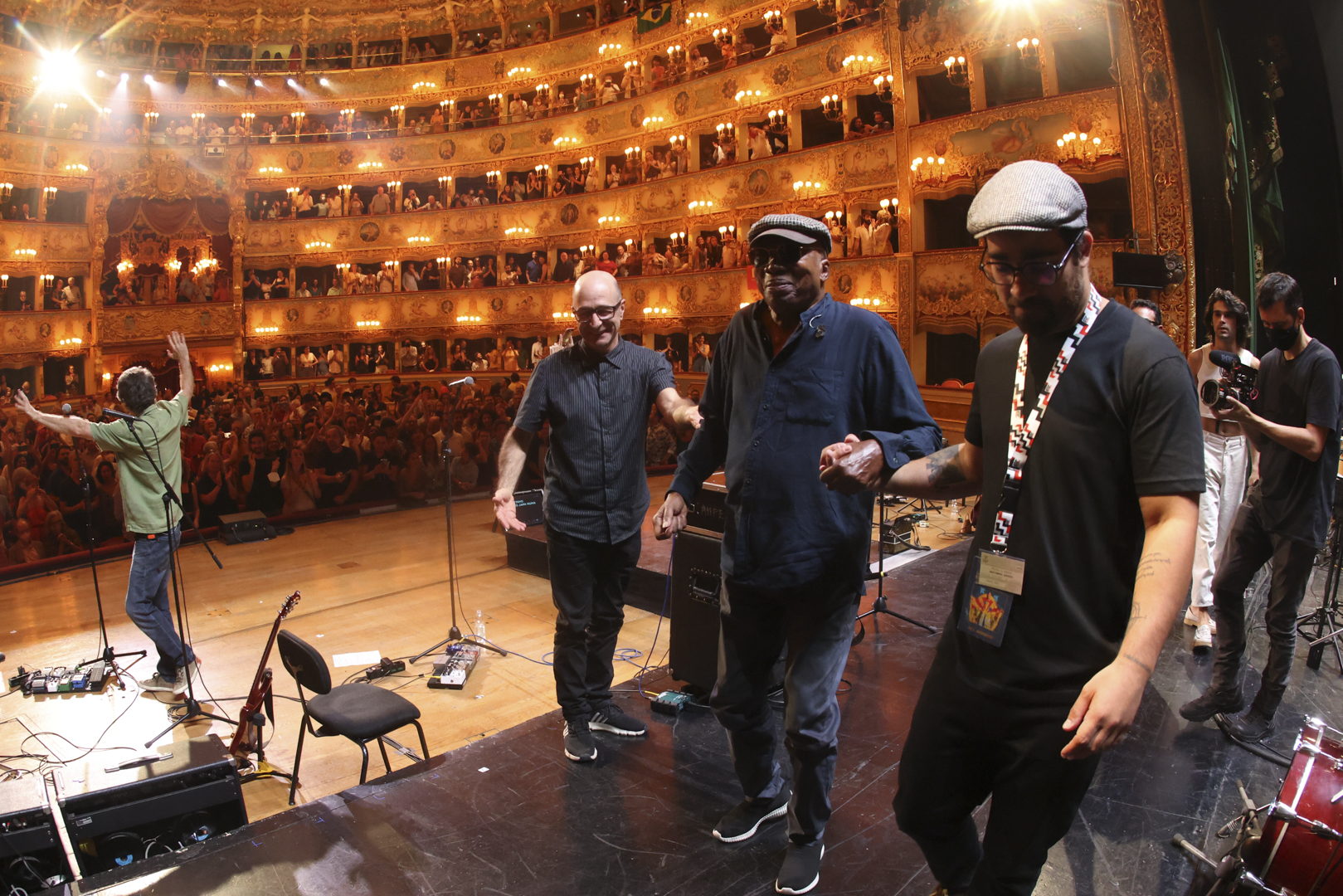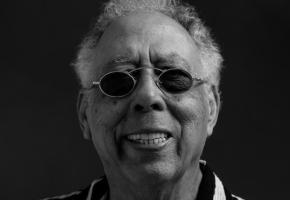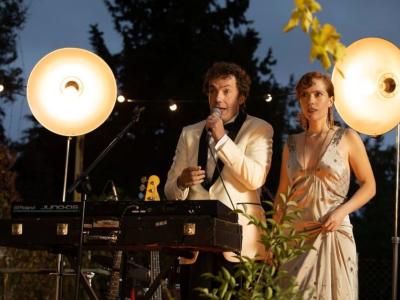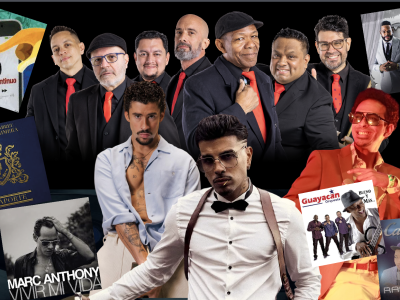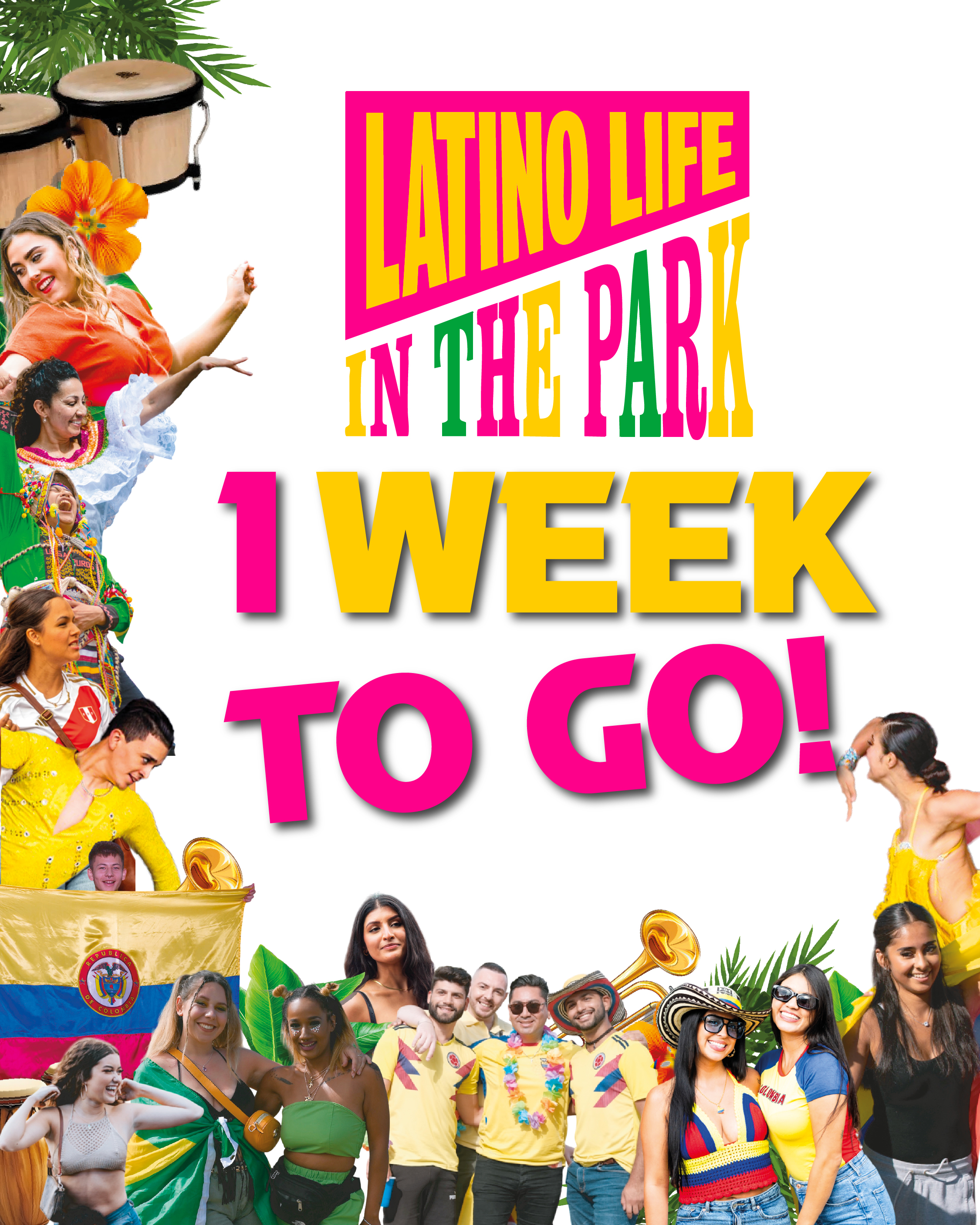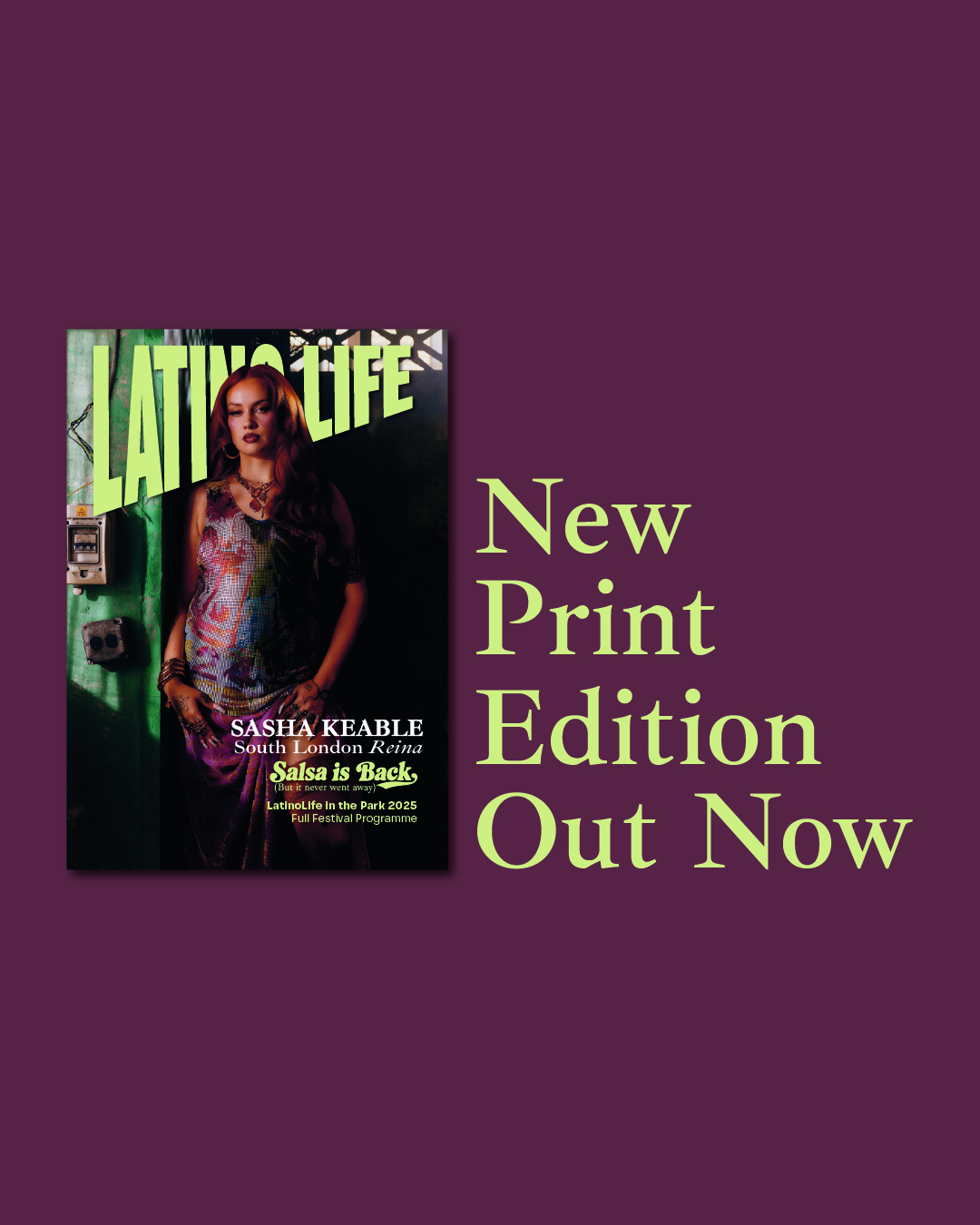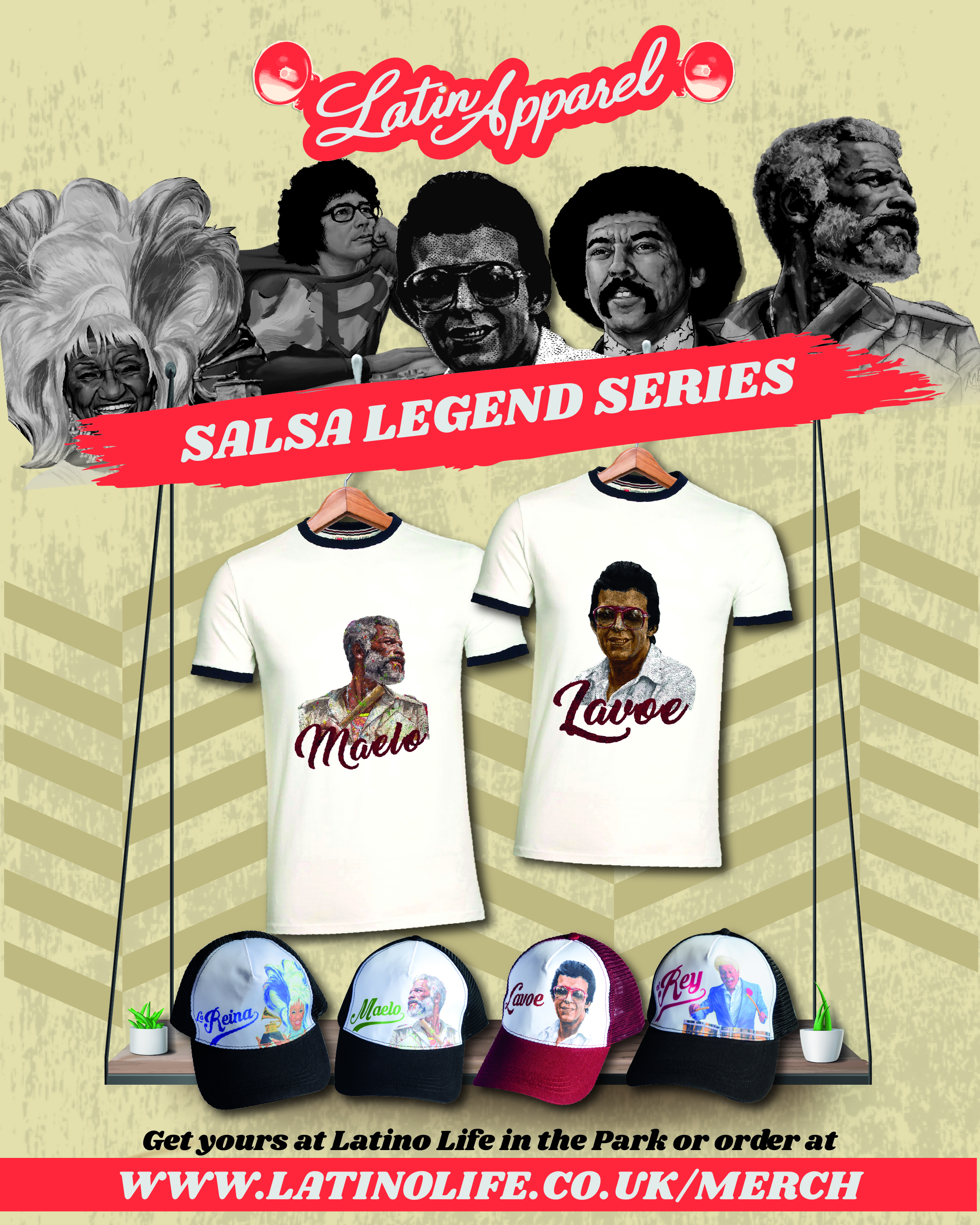Born in 1942, Milton never knew his father. His mother died when he was just two, and he was later adopted by a white family in the central region of Minas Gerais. Some call him a jazz musician, he was shaped by and in turn shaped some of the top jazz musicians in the world, but the reality is that, like the greatest musicians, Milton's music is so uniquely his own, it's impossible to categorise - almost a genre unto itself.
Milton launched onto the Brazilian music scene when his song Cançao do Sal was recorded by Elis Regina in 1966 and in 1967 he recorded his first album Travessia, the title song of which took second prize at the Rio International Music Festival the same year. His album Clube da Esquina with Lô Borges, recorded in 1971 during the ‘ditadura’, mixed influences from the Beatles to Chopin and has been one of the most influential recordings in Brazilian music.
With his haunting falsetto and heavenly tonal range, his beautiful song Coração de Estudante, in memory of the student Edson Luís who was killed by police officers in 1968, became the hymn for the Diretas Já social-political campaign in 1984 and went on to be played at the funeral of racing driver Ayrton Senna.
Milton soon drew attention from top global musicians; he appeared alongside jazz saxophonist Wayne Shorter on the album ‘Native Dancer’ in 1974 and went on to collaborate with Paul Simon, Cat Stevens, George Duke, Quincy Jones and many more. His album ‘Misa dos Quilombos’ made in 1982 was an oratory dedicated to the story of black people in Brazil, which he claimed had been erased from Brazilian history, and his 1991 album ‘Txai’ highlighted the catastrophe of the ongoing destruction of the rain forest.
His 1994 album Angelus, saw guest artists from all over the world lining up to perform, resulting in beautiful collaborations with James Taylor, Peter Gabriel, Jon Anderson, Herbie Hancock, Jack DeJohnette, and Pat Metheny.
Flavia Moraes made this film which is the most-watched documentary in Brazil this year, where most screenings end in tears and applause. I spoke to her for Latinolife after her film was shown at Indielisboa this month.
LatinoLife: How did you come to make the film?
Flavia Moraes: "It all started with an invitation from Milton, his son, and another key artist in the project — my musical director, Victor Pozas.
After the pandemic, they realized it was important to capture both the performances and behind-the-scenes of what would be his final tour. But Milton was very weak after his Covid quarantine — he could barely walk or sing — making a documentary in parallel with the tour seemed unlikely. So before filming began, I flew to Brazil to spend some time with him. I wanted to get a sense of how he was feeling and whether he was really open to the idea. He’s a quiet, enigmatic man, there were long silences but eventually we ended up talking about his music, and I asked him to read through his lyrics... I needed to understand how much he’d let me in — how far he’d allow me to go as a director, how much of himself he was willing to dedicate to the film.
At one point I asked him, “Do you truly want to do this tour, or is it just to help the musicians?” He got angry — his eyes flashed — and he said, “I want to do it. I want to say goodbye to my fans. Look them in the eyes”
I told him: “What about the documentary? This is going to be intense. I’ll be right behind you — in hotel rooms, backstage, on stage. There will be cameras everywhere. I’ll be asking you questions. I can only make a film that truly represents you if you’re in it with me. Otherwise, it’s not worth doing, right?”
And he was a prince. He gave himself to the project with incredible generosity. He gave me space and trust, which allowed me to get close — and do it.
But more than a documentary, this is a road movie. We followed him for two years, and every day, every concert was a surprise. One night in New York, suddenly Spike Lee comes to the show and wants to talk. Great — bring him in. Then someone at the radio says, “Paul Simon is here.” And I go, “OK, tell him to wait five minutes.”
Never in my life did I think I’d find myself in that kind of situation.
Of course, we had a plan — I didn’t want to make just another farewell film where people say, “Oh, he’s marvellous, he’s wonderful, very talented, amazing.” And yes, he is all of that — the admiration and respect are real. But that alone makes for a boring film.
So, knowing that it is impossible to do it, we asked people not just to praise Milton, but to explain him. And at this point, it stops being about Milton — it becomes a film about Brazil. About the kind of miracles that only seem possible in deep Brazil. And believe me, I’m not a religious person. How does a boy who never knew his father, who lost his mother at two, who moved from Rio to Minas, adopted by a white family and faced racism growing up in a small countryside town — how does he become Milton?
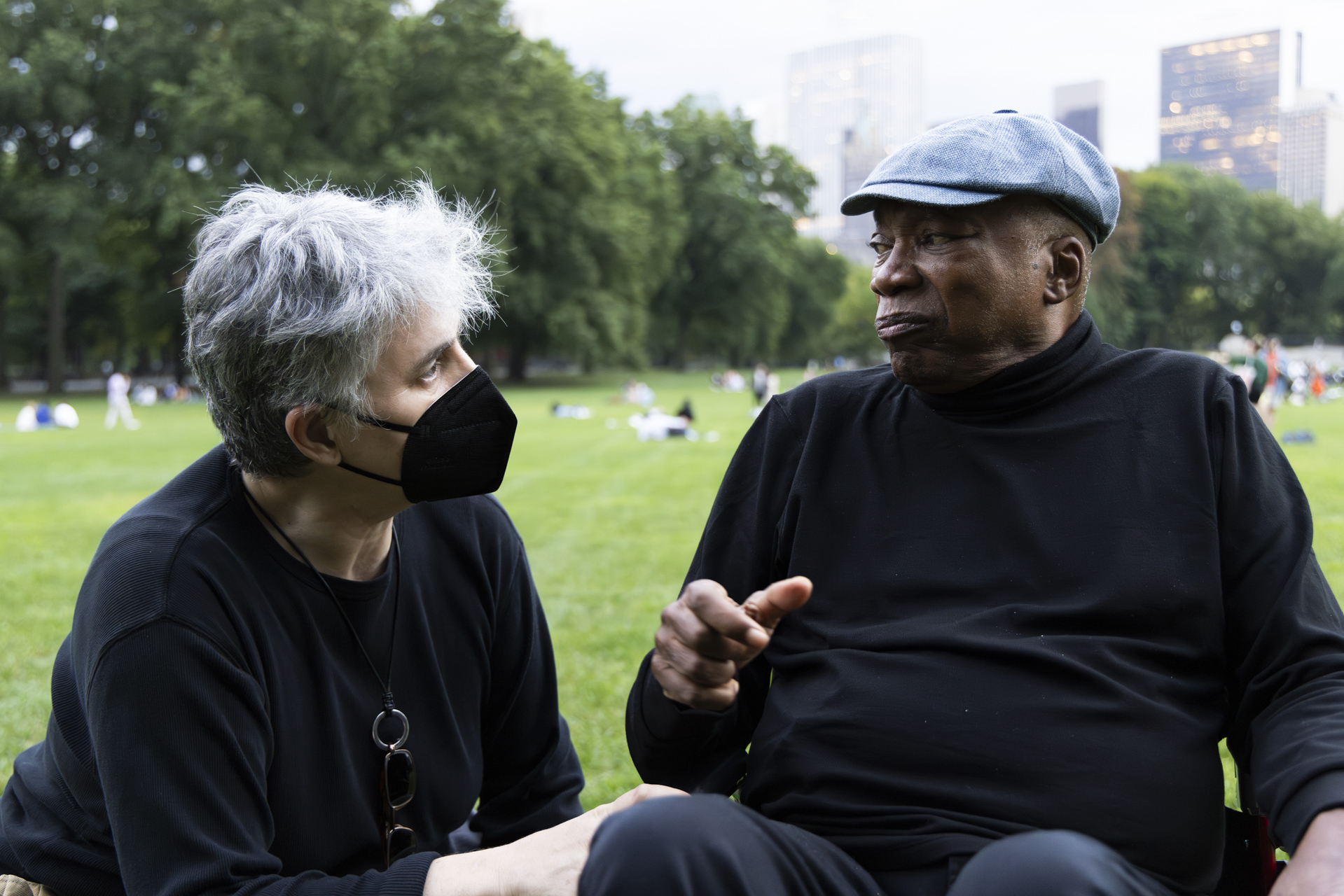 He never studied music formally — and yet now his work is studied at Berklee in Boston. And Milton may well be the artist who best translates the soul of Brazil.
He never studied music formally — and yet now his work is studied at Berklee in Boston. And Milton may well be the artist who best translates the soul of Brazil.
That’s what the film is really about. This mystery."
Not many famous musicians come from Minas Gerais.
Flavia Moraes: "In Brazil, you’ve got the coastal music like Bossa Nova and the vibrant sounds from the Baianos: Caetano, Gil, Carlinhos Brown,…Their music has a lot of swing, with strong Afro-beat influences. Bossa Nova, in contrast, is easy, smooth, sensual — everything flows gently.
But Milton comes from inland — from a region with no beaches, just big mountains rising and falling. And somehow, his music reflects that landscape. There’s weight in it, and depth. The legacy of slavery, of Black history, of the historic towns of Minas Gerais — full of stories and scars — all of that runs through his work. The poetry of João Guimarães Rosa — who wrote about deep Brazil, ‘Brasil Profundo’ has a completely different narrative — it gets under your skin. It hits you. In that sense, I think Milton is our Bob Dylan. His music isn’t just about rhythm or melody — it’s about the soul of our country."
LL: A lot of people in the film were saying his music is spiritual, which is what people said about Coltrane and Sun Ra and others. Is there a particular quality of this type of music?
Flavia Moraes: "I think so. Milton became popular very young — When he won the International Music Festival in Rio in 1967. Quincy Jones was on the jury, and Eumir Deodato helped arrange the music for the young performers. He was deeply moved by Travessia.
Later, Milton met up with Deodato and travelled with him to L.A., where he met musicians who played with Miles Davis — artists like Wayne Shorter and Herbie Hancock.
His first international recording was as a guest in Native Dancer, Wayne Shorter’s album starts with Milton singing in that crystal-clear, angelic voice. But I think the jazz world fell for him also because of his melodies, complex and simple — great material for jazz musicians."

At the start of the film, we show that for Milton, it was always about listening — his ear, not just his voice. As a child, he listened to Ángela Maria — a great Brazilian singer — and to Yma Sumac from Peru, who could sing like birds.
He used to try those high notes in the caves of Minas Gerais, playing with the echoes, experimenting with sound. But when his voice changed during adolescence, he had a tough time. He thought he’d never sing again —Then one day, he heard Ray Charles. And he realized a man’s voice could also be beautiful.
That spiritual aura people talk about — it’s not just in how he moves between the very high and the very low. That’s the emotion in his voice."
LL: Quincy Jones once said: “Music is a spiritual thing, but the music business ...” I'm wondering how Milton grappled with that kind of world as he started to get famous.
Flavia Moraes: "He crossed paths with great people — and with some rascals too. People see your talent, and some just want to use it.
He won several Grammys and had great success early on, but his trusted agent died suddenly, and Milton has never been the type to manage business affairs. In that sense, he’s almost like a kid. There were ups and downs, like every other artist. But now, he’s finally receiving the love and respect he deserves. His adopted son Augusto is his manager and also my co-producer on the film— Augusto takes care of him. Some accuse him of isolating Milton, but in truth, many people used to take advantage of him. Now he’s surrounded by care and dignity."
LL: At the beginning and the end of the film, you put up a front face shot and a profile next to it, almost like a police record. Why you did that?
Flavia Moraes: "Milton was having facial spasms from early Parkinson’s. I didn’t want the audience — his fans — to be distracted or focus on something he couldn’t control. Some theatres didn’t allow us to film from the front anyway, so we often filmed from behind. That way, the respect stayed intact, we leaned into it creating an iconic silhouette: his head, his ears, his walk, a giant, but also so fragile.
That shot you mentioned — face to camera, and his beautiful profile — was different. We waited for him to be calm, but you still see a slight distortion on his face. I needed that moment. Especially when talking about ancestry, and racism in Brazil."
LL: Your favourite interview?
Flavia Moraes: "It took a year to get to. It happened in L.A. Milton had just visited Wayne Shorter — he knew it was goodbye. Wayne passed away weeks later.
Milton was emotional. I asked Augusto if I could spend the afternoon with him. Milton said, “Let her in.”
We set up the mic and camera discreetly. He was watching TV for hours — he loves that. He was eating. We talked for nearly two hours. I played his childhood songs on my phone. We spoke about Guimarães Rosa, and he ran his hands over the book. I asked him to read out a few sentences I’d underlined. That conversation became the spine of the film.
LL: It's like an evening shot, and it's the evening of his life
Flavia Moraes "Exactly. I wanted to get close, to share a glimpse of his intimacy but with respect, softness, care. Milton’s music heals. It cures. It’s highly emotional."
LL: ‘Bituca’ was featured quite a lot, is that what his friends, used to call him?
Flavia Moraes: "That’s his nick-name. His son Augusto told me that when he was a child, he’d pout when upset — like a bituca (a stub). Some say it’s also because of his mouth. There are a few stories. But no — nothing to do with cigarette ends. He doesn’t smoke.
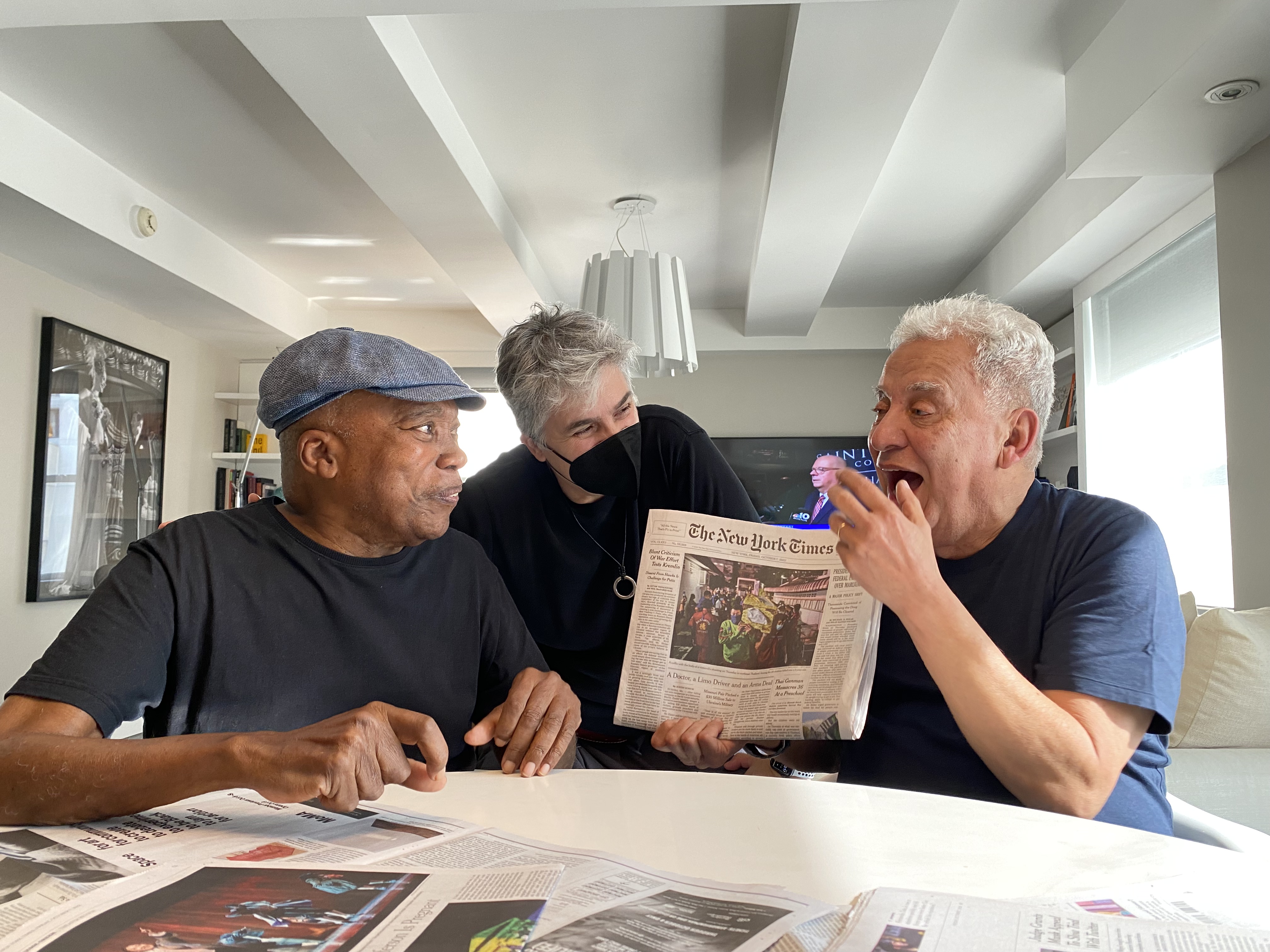
LL: Somebody in the film described him, as being a bird, that flew into MPB.
Flavia Moraes: "Yes, Stanley Clarke. “He’s like a free bird,” he said. “Because he never sings the same way twice.”
LL: MPB, a sweet kind of music, and Milton comes along, and adds something dynamic to that,
Flavia Moraes:" That’s it. He opens his voice, layers it, improvises. It’s refreshing. He’d go to the park just to listen to birds — he told me he learned that from Tom Jobim. MPB was already there — but Bituca added something. Even on this last tour, when his voice fails and Zé Ibarra, a young singer from the band, with a similar range steps in, the magic remains."
LL: Can you say a bit more about the importance of the Clube da Esquina?
Flavia Moraes: "No wonder people refer to it all the time when they talk about Milton. There’s something magical about the image of him — at the centre of this group of young guys in Minas — towards the end of the ’60s. All the collaborations that came out of that moment... it's iconic.
They recorded Clube da Esquina in a studio with nothing more than a table and a two-channel mixer. They’d talk through ideas, rehearse once, or twice, and record. There was very little technology involved — it was pure music. Raw, fearless. Made by kids who had nothing to lose.
Of course, there was a lot of talent involved — but I truly believe Bituca was the magician who brought it all together."
LL: Some musicians found his improvising style, very difficult to work with, because he would just say: “get on with it”.
Flavia Moraes: "Exactly. And he did the same with me and this film. He knows that if he trusts you, you’ll give your best. All the musicians in the film say the same thing — Milton gave us space. It might seem chaotic, but it works.
People who’ve been playing with him for 10, 15 years — Herbie Hancock, Pat Metheny — they know him well enough to simply jump in and follow. Someone says in the film: “He’ll never sing tomorrow the same way he sings today.” And we’re back to the free bird."
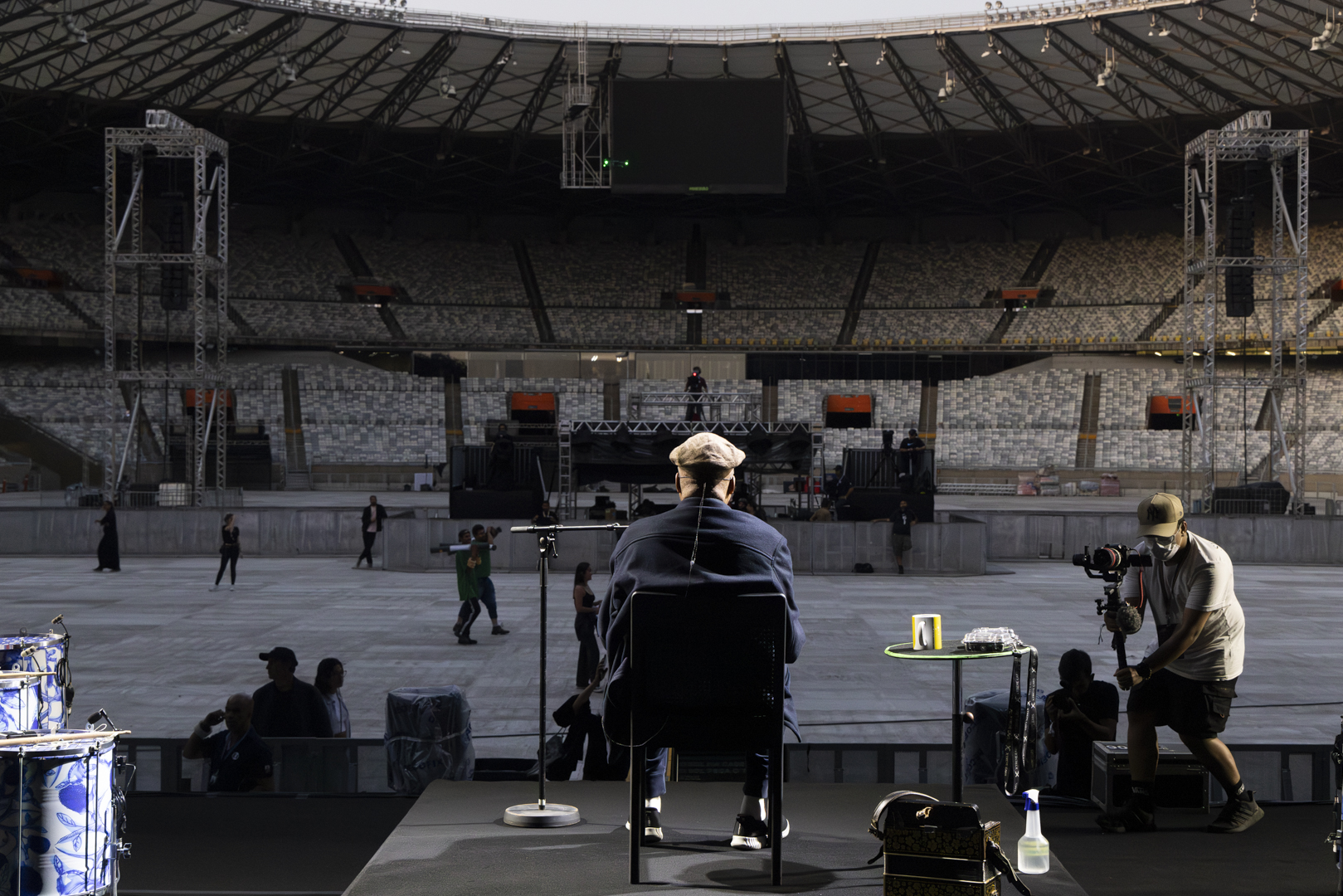
LL: A friend of mine said Generation Z are rediscovering Milton's music.
Flavia Moraes: "Absolutely. That’s why we ended the film with younger musicians: Maro, Lianne La Havas, Tim Bernardes, Gadú, Zé Ibarra, Dora Morelenbaum — (the daughter of cellist Jacques Morelenbaum). They’re all in their twenties and thirties, and Milton is a major reference for them.
We didn’t end the film at the obvious emotional peak — after the big concert in Minas, Instead, we chose Ânima — a song about the soul — performed by the new generation.
Carminho, from Portugal, says it best: an artist of Milton’s stature will never really disappear. They live on in the music. In the voices of others. And Milton… Well, he’ll be around a little while longer. And I’m sure the younger generation in Brazil knows that, too."


